Building muscle isn’t just about hitting the weights hard — it’s also about recovering right and fueling your body with what it truly needs.
After coaching hundreds of clients and experimenting on myself over the past 10+ years, I can confidently say: whey protein is one of the most powerful (and underrated) tools for muscle gain and recovery.
In this guide, I’ll break down what really works — from personal experience, from client stories, and from science.
Table of contents
- 🥇 Quick Answer: What’s the Best Whey?
- Why Whey Works: The Science Behind Muscle Gain and Recovery
- Types of Whey Protein (And Which One Is Best)
- What I Look for in a High-Quality Whey Protein (Trainer Checklist)
- My Most Trusted Whey Protein Brands
- Best Time to Take Whey Protein for Results
- Common Questions My Clients Ask About Whey
- Final Thoughts: Train Smart, Recover Smarter
🥇 Quick Answer: What’s the Best Whey?
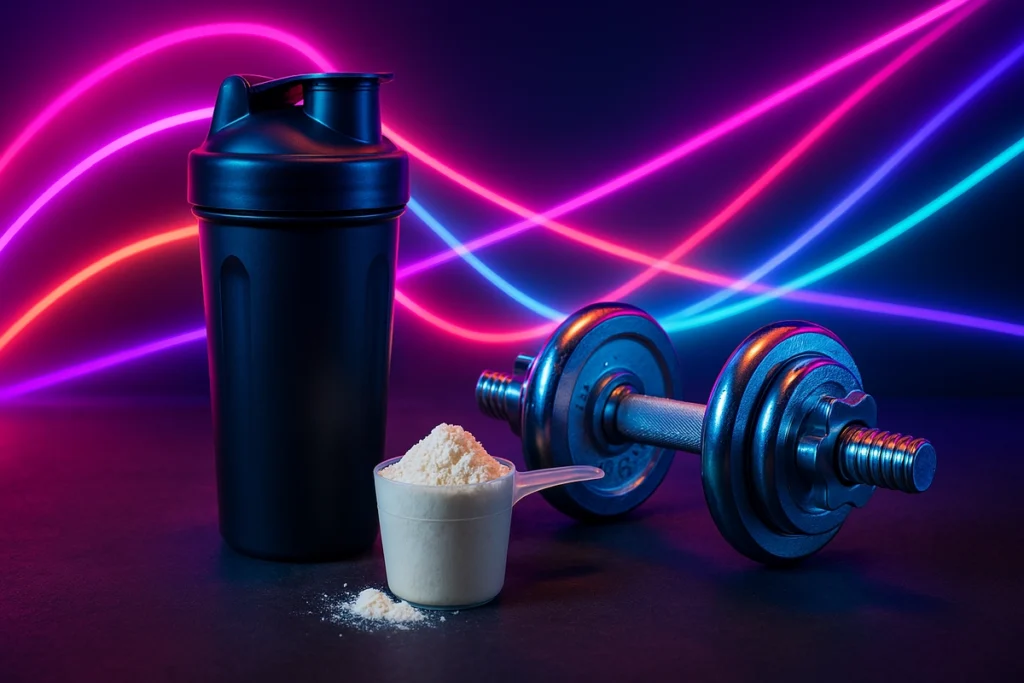
Let me give it to you straight:
- Best Overall: Whey Isolate (clean, lean, fast-absorbing)
- Fastest Recovery: Hydrolyzed Whey (pre-digested = ultra-fast)
- Budget-Friendly: Whey Concentrate (if quality is still high)
- My Pick as a Coach: Dymatize ISO100 — I’ve used it myself through bulks and cuts, and recommended it to countless clients.
📌 During my own cutting phase last year, when I was maintaining strength at a calorie deficit, ISO100 was my go-to post-workout. It digests fast, doesn’t bloat, and kept my recovery sharp — even on low-carb days.
Why Whey Works: The Science Behind Muscle Gain and Recovery
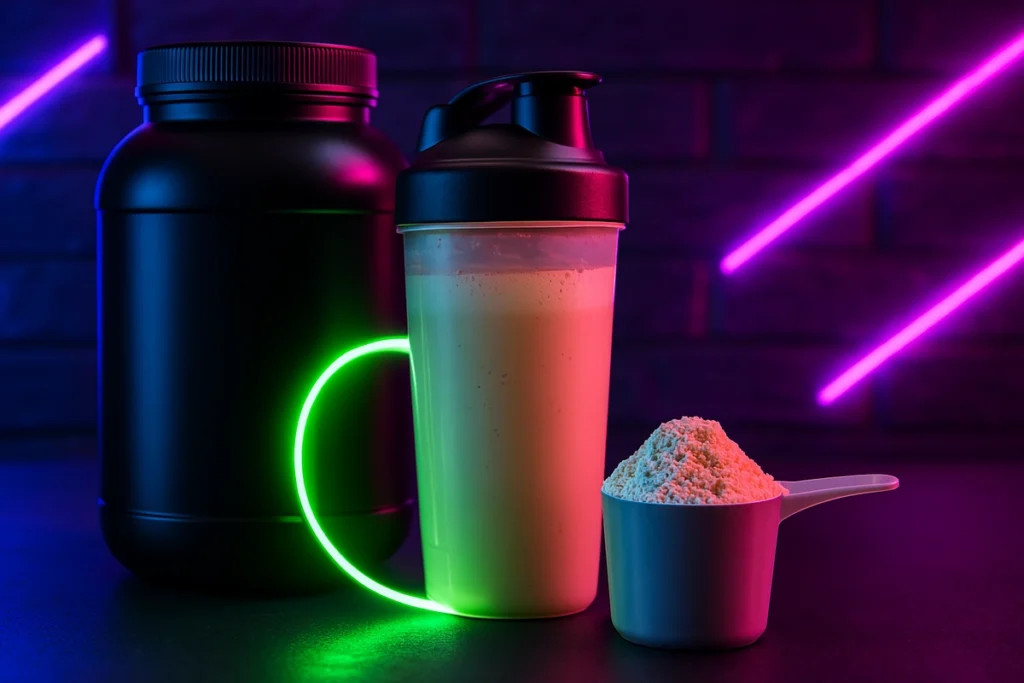
You don’t grow in the gym — you grow during recovery. And recovery depends on what you feed your muscles.
Whey protein is rich in essential amino acids, especially leucine, which flips the anabolic (muscle-building) switch in your body. Here’s why I recommend it to almost every client:
- Digests and absorbs faster than any other protein source
- Contains a complete amino acid profile
- Proven to support muscle protein synthesis and reduce muscle soreness
🧪 One study published in the Journal of the International Society of Sports Nutrition showed that whey protein consumed post-workout significantly enhances muscle recovery and hypertrophy compared to placebo or other protein types. (Source) That’s not just theory — I’ve seen it in real time.
Types of Whey Protein (And Which One Is Best)
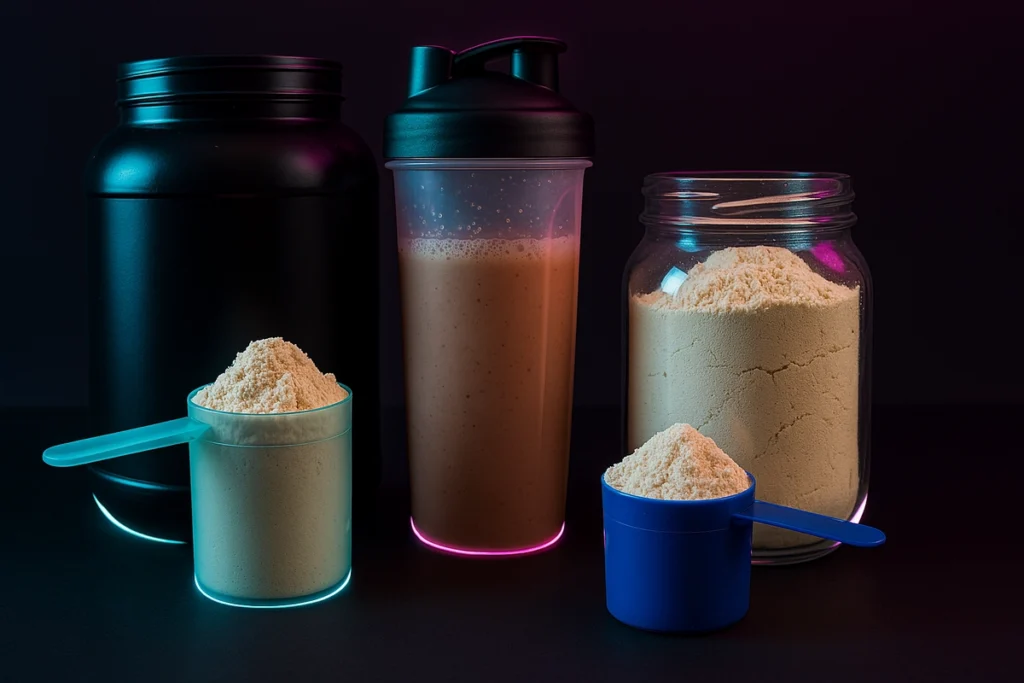
1. Whey Concentrate
Best for beginners or those on a tight budget. It contains some fat and lactose, which can upset sensitive stomachs.
2. Whey Isolate
The sweet spot for most people. It’s filtered to remove most carbs and fat — great for lean muscle building and cutting phases.
3. Hydrolyzed Whey
Next-level stuff. It’s “pre-digested,” meaning your body can absorb it lightning-fast — ideal for post-workout when your muscles are begging for amino acids.
💬 Client story: Jacob from Germany, a 29-year-old office worker, hit a wall in his progress. His training was solid, but his recovery sucked. I got him off generic concentrate and onto a hydrolyzed isolate. Within 3 weeks, his post-leg-day soreness was down 50%, and he finally broke his bench plateau — 105kg to 115kg.
What I Look for in a High-Quality Whey Protein (Trainer Checklist)
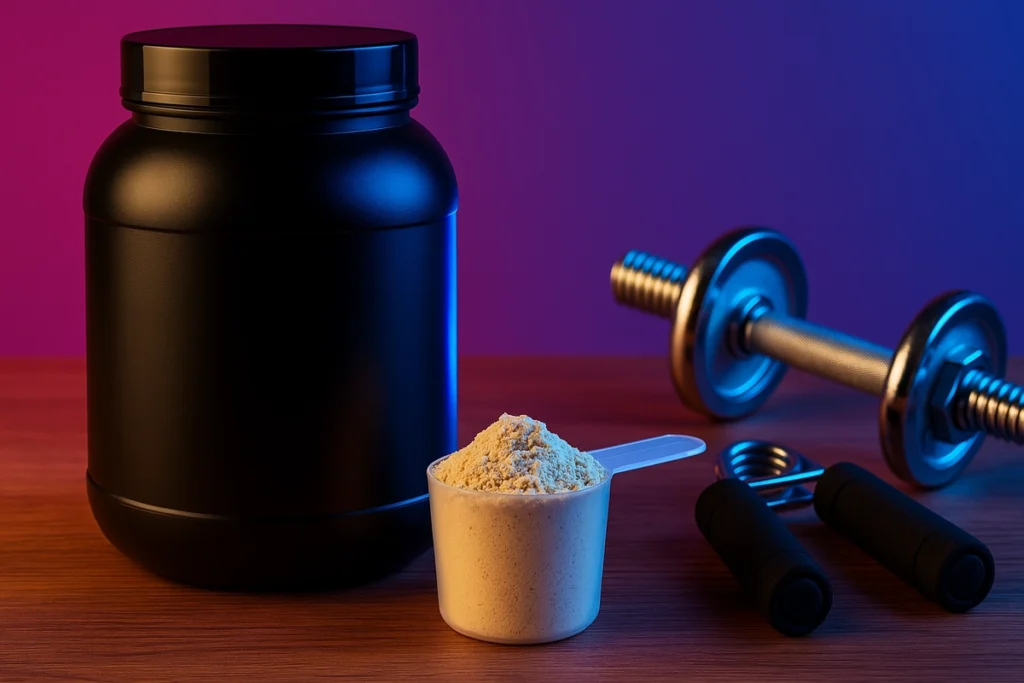
When a client asks me, “Coach, is this whey good?”, I go through this list:
- At least 20–25g protein per serving
- Third-party tested (look for NSF or Informed Choice logos)
- No hidden blends, fake flavor overload, or sugar bombs
- Optional: Digestive enzymes or added BCAAs
⚠️ Mira from Sweden came to me constantly bloated from her whey shake. We swapped her to a clean isolate with enzymes — bloating gone, energy up, and within a month she was doing weighted pull-ups for the first time.
My Most Trusted Whey Protein Brands
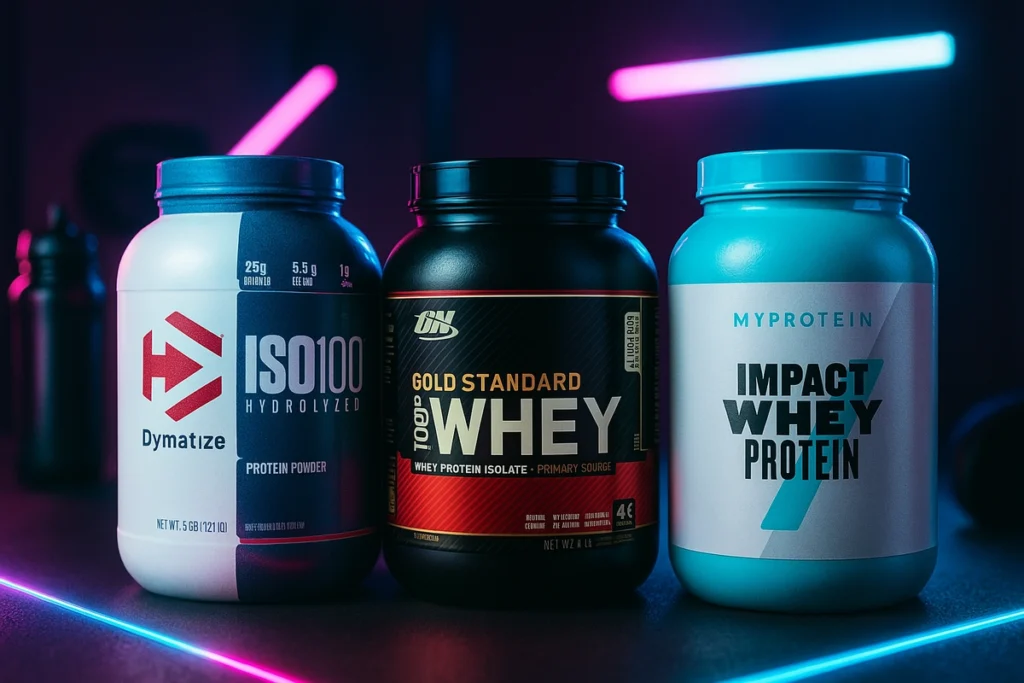
After trying over 30+ brands personally and through clients, these three consistently deliver results:
1. Dymatize ISO100
My top pick. It’s hydrolyzed isolate, zero fat, zero lactose, and tastes great without being full of junk.
2. Optimum Nutrition Gold Standard Whey
The most popular whey for a reason. Balanced, reliable, and great for beginners.
3. MyProtein Impact Isolate
Budget-friendly, especially for international clients. No frills, just results.
I once had a college athlete, Amir from Turkey, who needed serious recovery support during a cutting phase. Dymatize ISO100 helped him retain strength while dropping 6kg of fat over 10 weeks.
Best Time to Take Whey Protein for Results
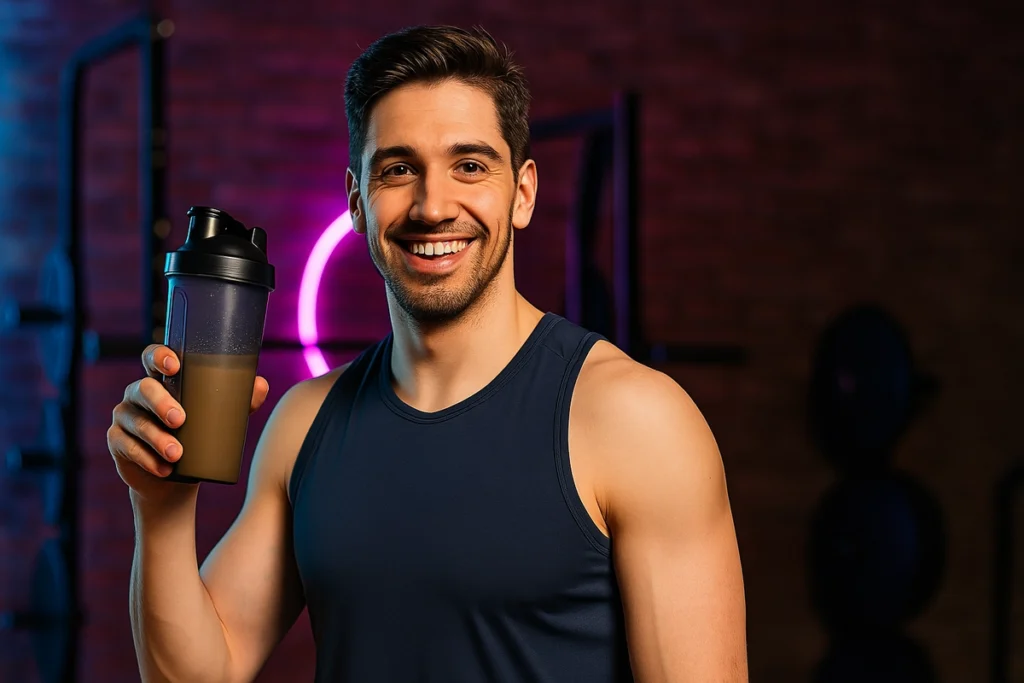
This is where a lot of people get it wrong.
The best time to take whey protein is:
- Post-workout (within 30–60 mins)
- First thing in the morning (especially if you’re fasting overnight)
- With meals if you’re struggling to hit your protein target
- Or even before bed if your goal is overnight recovery — here’s a full breakdown of whey protein at night and its benefits
🧃 I often recommend this smoothie to my clients after training: 1 scoop of isolate, 1 banana, 1 tsp almond butter, water or milk. Balanced, quick, and actually enjoyable to drink.
Common Questions My Clients Ask About Whey
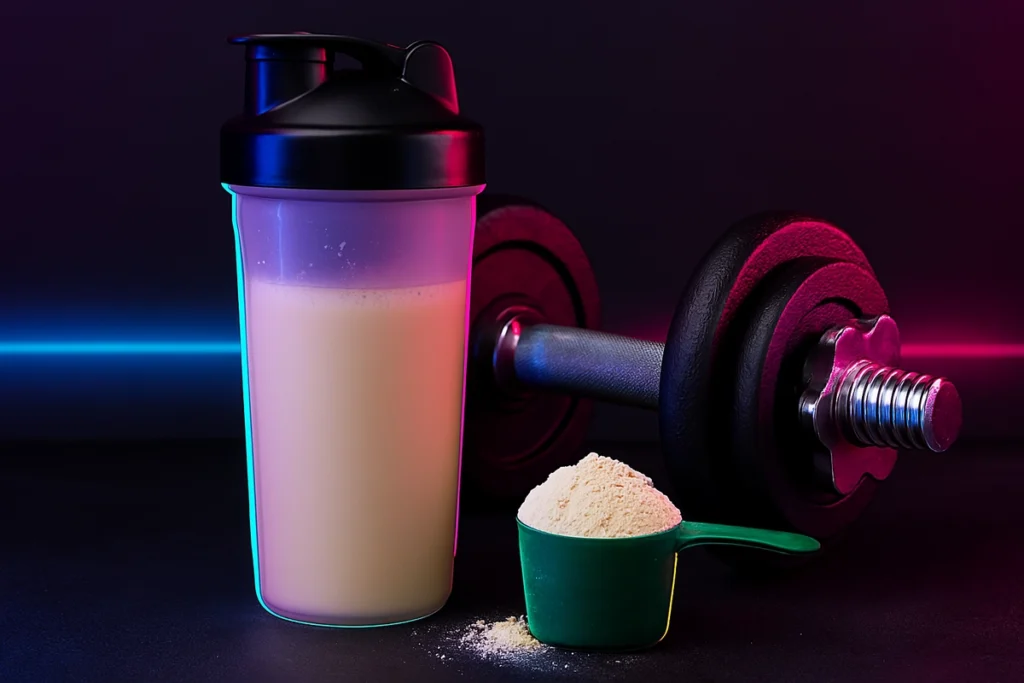
“Will whey make me bulky?”
Not unless you’re eating in a big surplus. Whey builds lean tissue — not fat.
“Do I still need whey if I eat well?”
You can hit your protein needs with food alone, but whey makes it easier — especially for busy people or anyone training hard.
“Should I take whey on rest days?”
Yes. Your muscles don’t stop recovering just because it’s Sunday.
And if you’re wondering whether you can combine whey with other supplements, check out my full guide on taking BCAA, creatine, and whey protein together. It answers all the common timing, stacking, and synergy questions.
🔥 Liam, one of my online clients from Australia, used to take 3 scoops daily thinking “more protein = faster gains.” He ended up bloated and frustrated. Once I cut him back to 1 scoop post-workout and bumped his whole food intake, his digestion improved and strength shot up.
Final Thoughts: Train Smart, Recover Smarter
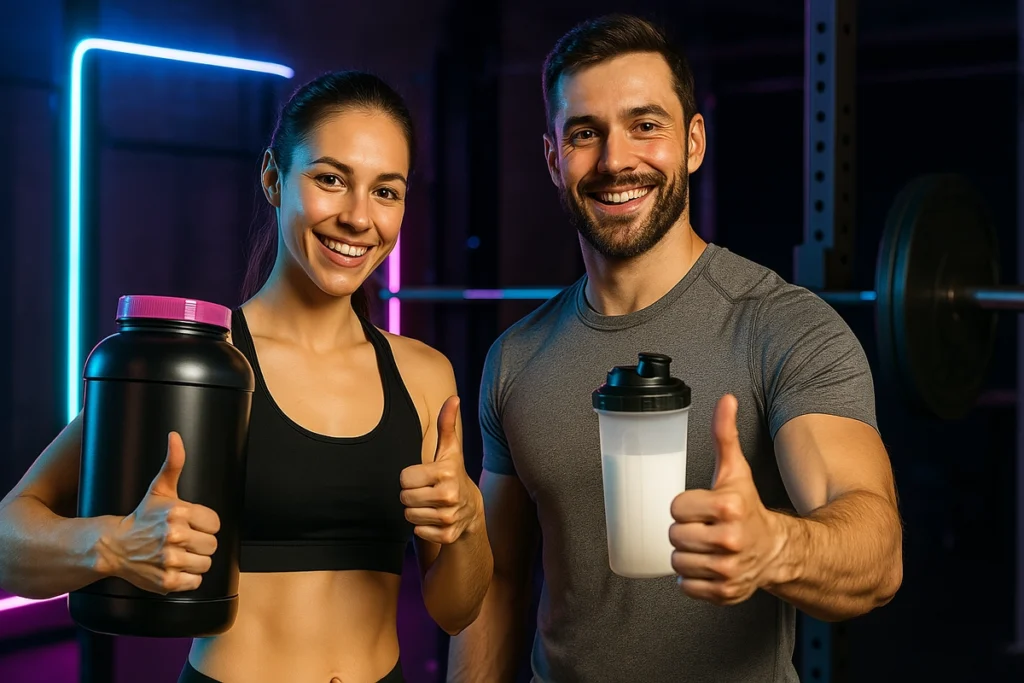
Whey protein isn’t some magic powder — but if you’re lifting consistently and eating with purpose, it can seriously speed up your results.
As a trainer, I use it myself. I’ve recommended it to hundreds of clients. And I’ve seen the difference it makes — in strength, recovery, and physique.
Just remember:
- Pick a clean, high-quality product
- Time it right (especially post-workout)
- Don’t overthink it — be consistent
🎯 Still unsure which whey is right for you? Drop a comment — I’ll get back to you and help you choose the best fit based on your goals.
Let’s build muscle, recover smarter, and stay legendary 💪

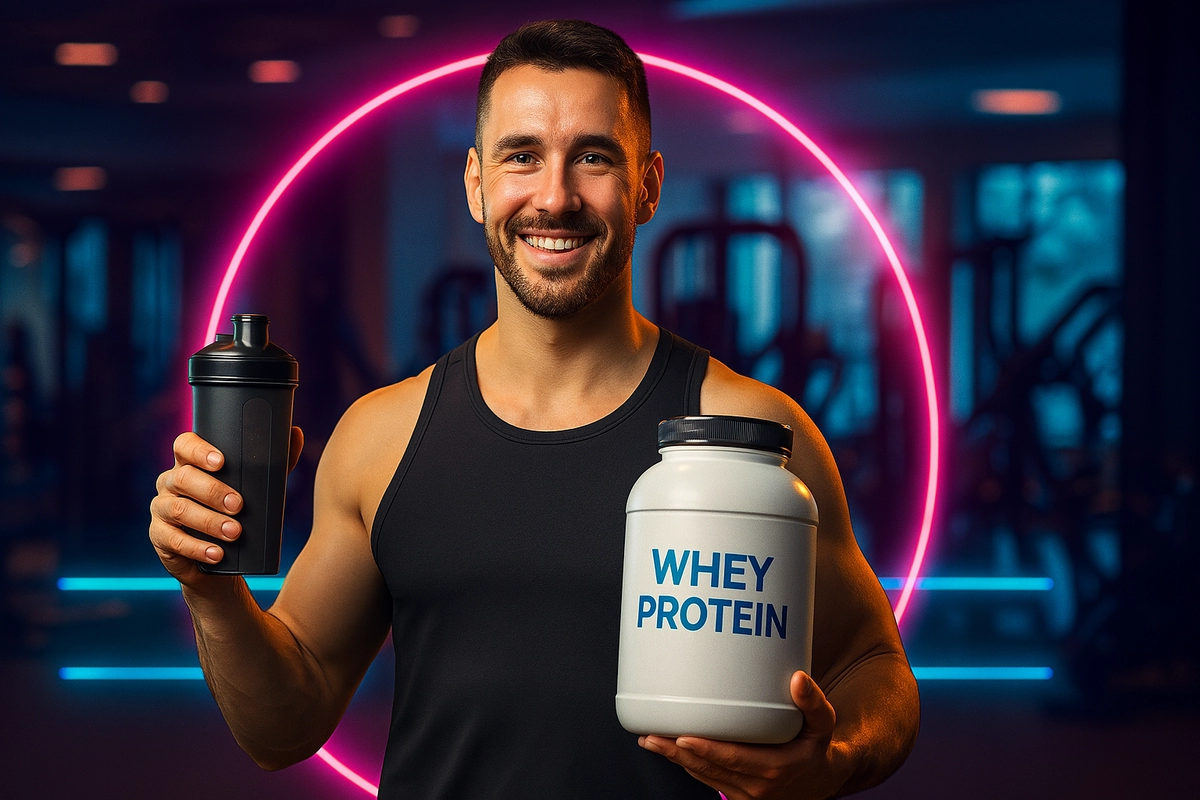

Leave a Reply